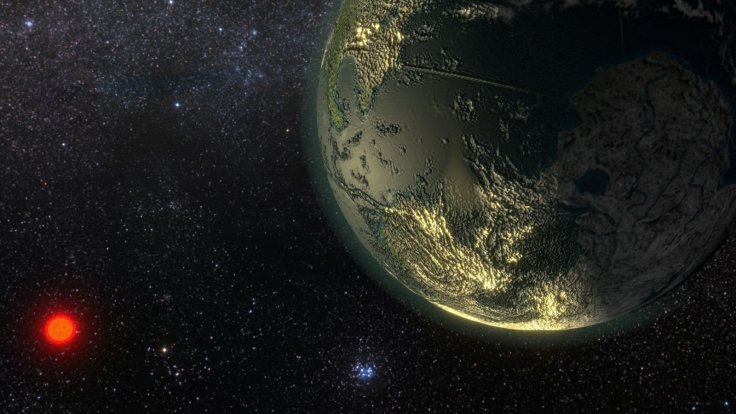
Speed and distance in which planets orbit its star play a crucial role in determining its fate. Some planets remain in the orbit for a long time, while some others evaporate and will get dissolved in the darkness of the universe. Now, a team of astronomers, with the help of NASA's Hubble telescope has spotted a medium-sized planet that evaporated at an astonishing speed.
The medium-sized planet dubbed 3470b evaporated at a speed 100 times faster than a previously evaporated planet of similar size, GJ436b. Experts believe that this new finding will help to unveil the secrets behind the evolution of planets.
The new discovery is a part of Panchromatic Comparative Exoplanet Treasury (PanCET) program led by David Sing, a Bloomberg professor at John Hopkins. The study report published in the Journal of Astronomy and Astrophysics revealed that planets used to lose their mass through evaporation when these space bodies orbit closer to their stars.
As these planets orbit more closely, the temperature around the planets will be much higher, and thus the outermost layer of the planet will be blown away by evaporation.
"This is the smoking gun that planets can lose a significant fraction of their entire mass. GJ 3470b is losing more of its mass than any other planet we have seen so far; in only a few billion years from now, half of the planet may be gone," said David Sing, Eurekalert.org reports.
Scientists also revealed that more than 35 percent of this planet has already been blown away, and within a few billion years, all of its gas will be stripped off, and finally, this planet will stay in space with only its rocky core remaining.
"We're starting to better understand how planets are shaped and what properties influence their overall makeup. Our goal with this study and the overarching PanCET program is to take a broad look at these planets' atmospheres to determine how each planet is affected by its own environment. By comparing different planets, we can start piecing together the larger picture in how they evolve," added Sing.








